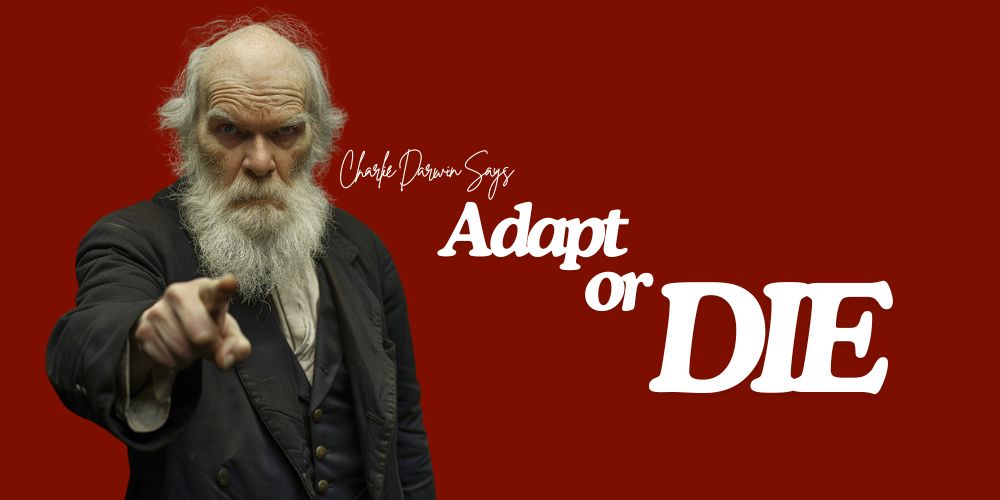Value Propositions
Four Brands That Redefined Their Industries
A value proposition is a clear and concise statement that explains the unique benefits and advantages a company’s product or service offers to its customers. It articulates why a customer should choose that particular product or service over competitors’ options.
A well-crafted value proposition addresses the customer’s needs, highlights key differentiators, and underscores the specific value the customer will gain. It is essential for companies to have a strong value proposition because it serves as the foundation for their marketing and sales strategies, helps attract and retain customers, and provides a clear focus for product development and innovation.
By effectively communicating the unique value they offer, companies can better connect with their target audience, build brand loyalty, and achieve a competitive edge in the marketplace.
This article will give you four examples of brands that have redefined their industries by applying key value propositions, these include:
Note:
This article features content from the Marketing Made Clear podcast. You can listen along to this episode on Spotify:
Apple: Think Different
Apple’s iconic tagline, “Think Different,” emphasises innovation, user-friendly design, and a premium experience that inspires creativity and individuality. Introduced during a time when the market was saturated with companies focused on specifications—such as memory capacity, storage space, and the latest Intel chips—Apple disrupted the landscape by shifting the focus to creativity and user experience.
Instead of competing on technical details, Apple marketed its products as tools for creativity, appealing to users who sought more than just performance. This strategy not only differentiated Apple but also established its dominance in various sectors like design, music production, and video editing. Today, Apple continues to be synonymous with creativity and maintains its leadership in the tech industry by adhering to its core philosophy.
IKEA: A Better Everyday Life
IKEA’s vision, “To create a better everyday life for the many people,” is evident in its status as the world’s largest furniture retailer. IKEA revolutionised the market by seeking low-cost real estate in major cities, building large stores with ample parking and in-store restaurants, and selling good quality, flat-packed furniture that consumers could easily take home.
This model, which combines affordability, convenience, and quality, has proven incredibly difficult for competitors to replicate. IKEA’s wide range of products caters to diverse customer needs, from budget-friendly options for students and first-time buyers to luxurious, bespoke kitchens for higher-end consumers. This broad appeal, coupled with a unique shopping experience, has cemented IKEA’s position as a market leader.
Airbnb: Belong Anywhere
Airbnb’s proposition, “Belong Anywhere,” emphasises unique travel experiences and personalised accommodation by connecting travellers with local hosts. This approach offers an authentic and memorable alternative to traditional hotels, which typically market themselves on predictability and safety.
While booking a hotel like Hilton or Travelodge ensures a consistent experience, booking an Airbnb opens the door to new and immersive experiences, backed by a safe platform that handles payments and provides reviews. This model directly challenges the hotel industry by offering something it cannot: a personalised, local touch that appeals to modern travellers seeking authenticity.
Harley Davidson: Freedom for the Soul
Harley Davidson’s tagline, “Freedom for the Soul,” highlights the social aspect of motorcycle ownership rather than the technical specifications. While high-performance motorcycles emphasise speed, acceleration, and handling, Harley Davidson focuses on the community and the emotional connection of riding.
This emphasis on the social community of bikers, along with the individual sense of freedom, taps into an emotional driver rather than a rational one. By fostering a strong community and brand identity, Harley Davidson has created a loyal customer base that values the brand’s ethos as much as the bikes themselves.
Lessons in Adaptation and Innovation
These examples illustrate successful strategies of market disruption and adaptation. However, it’s crucial for companies to continually adapt to changing environments and consumer demands. Failing to do so can lead to significant setbacks, as seen in the music industry. Record companies’ reluctance to embrace online sales and their focus on anti-piracy measures allowed platforms like Napster to dominate, ultimately crippling the industry.
Today, streaming services have become the norm, and while the industry has implemented processes for artists to receive royalties, it has yet to fully recover. This example underscores the dangers of protectionism and the refusal to innovate.
Moreover, competing solely on price often leads to a “race to the bottom,” where unique value propositions are lost. Middle-of-the-road strategies are equally perilous, as they fail to differentiate a brand, leading to market insignificance.
In conclusion, the key takeaway is the importance of adaptation and continuous innovation. Companies must regularly reassess their strategies and be willing to evolve to meet new challenges and consumer preferences. As the saying goes, “Adapt or die.”

Up Next:
Tips for creating a Value Proposition and Strategy


